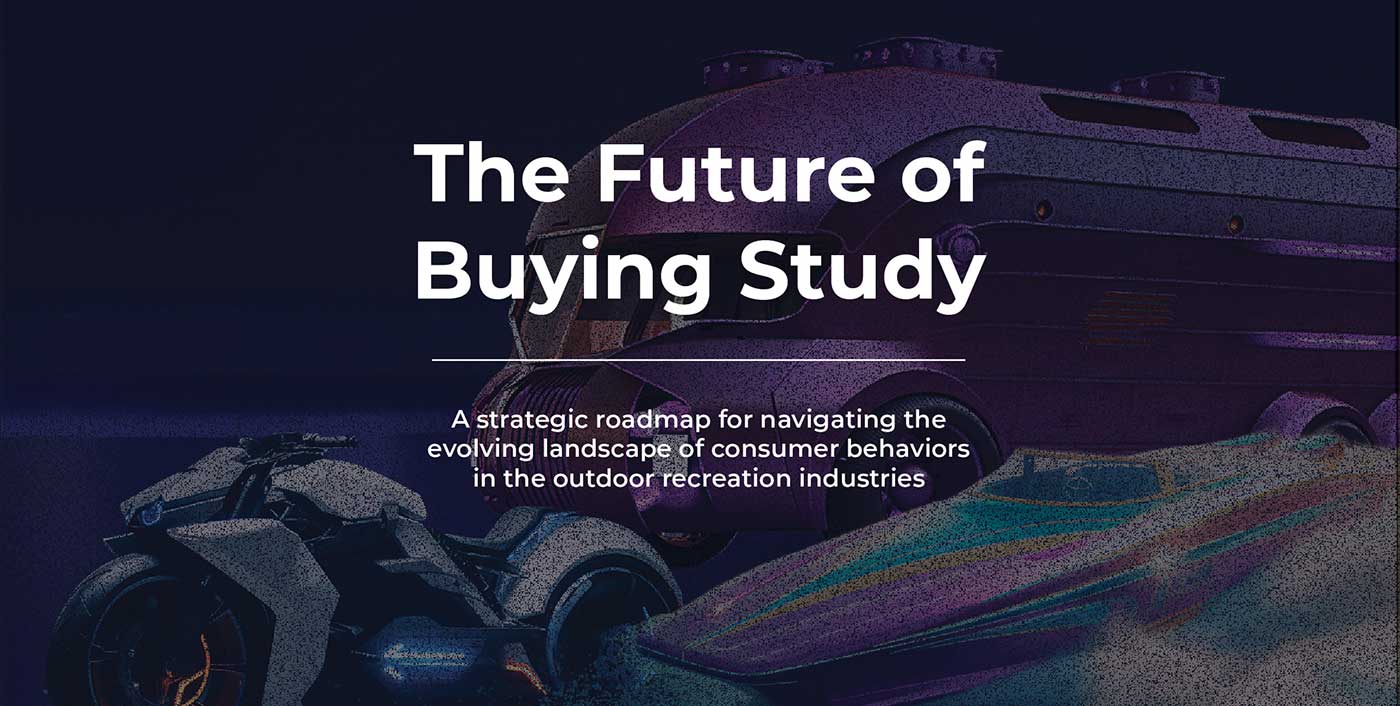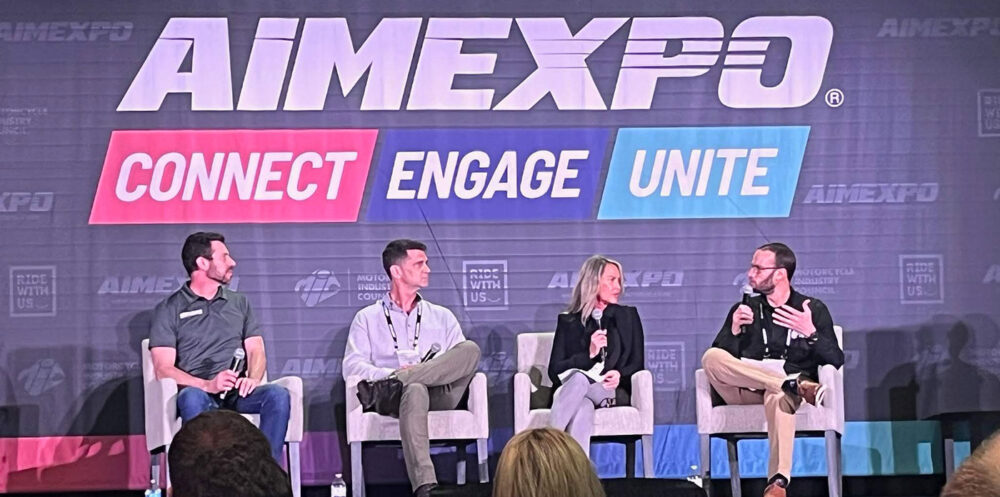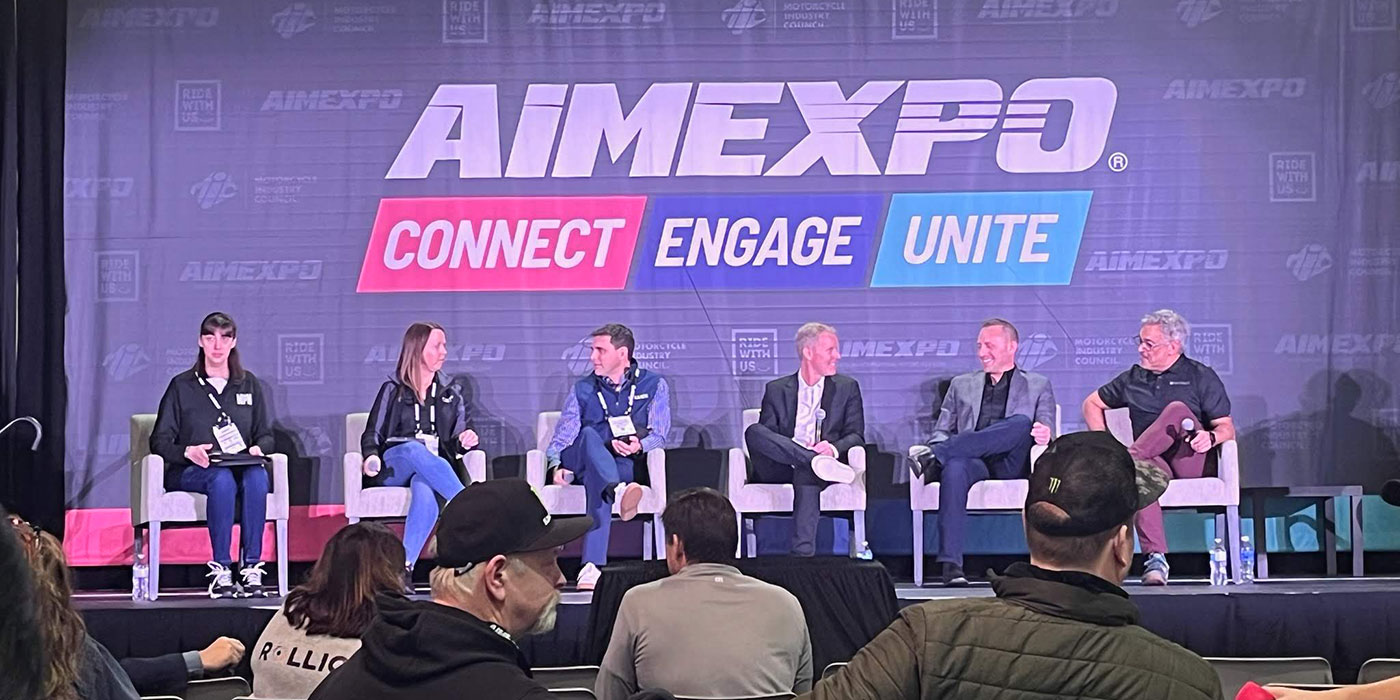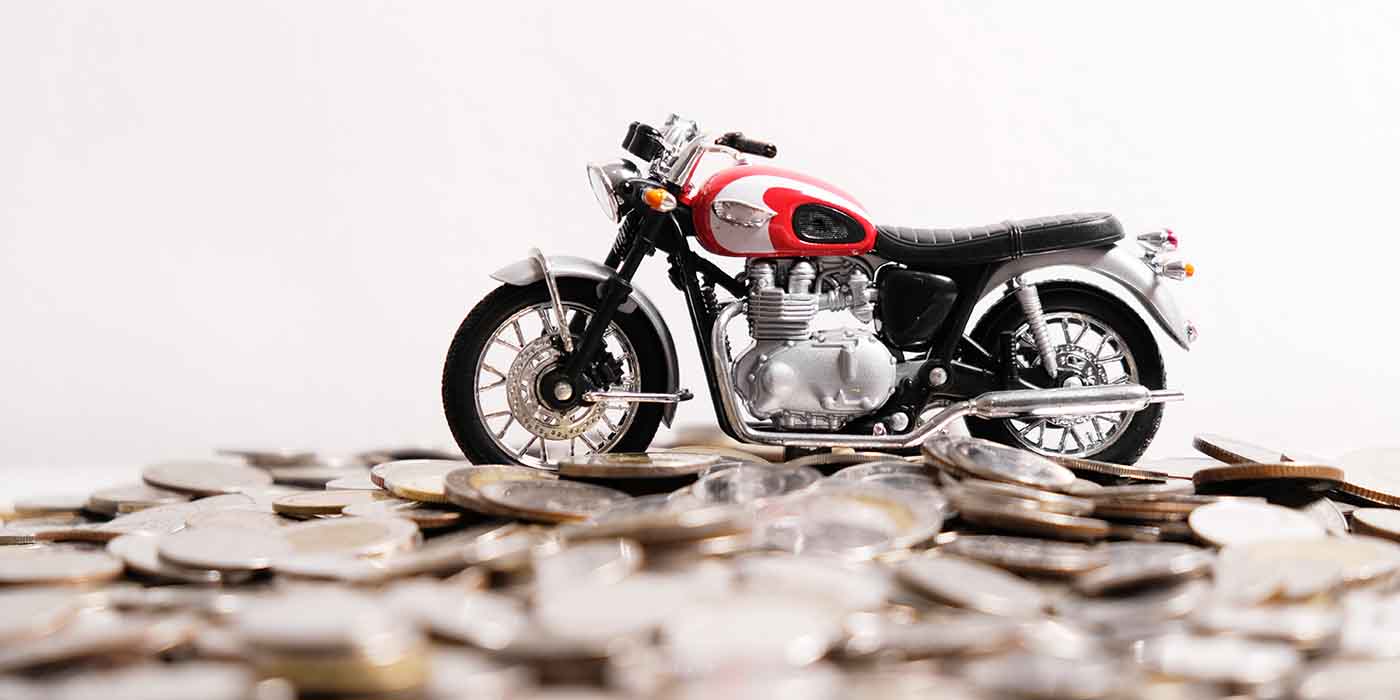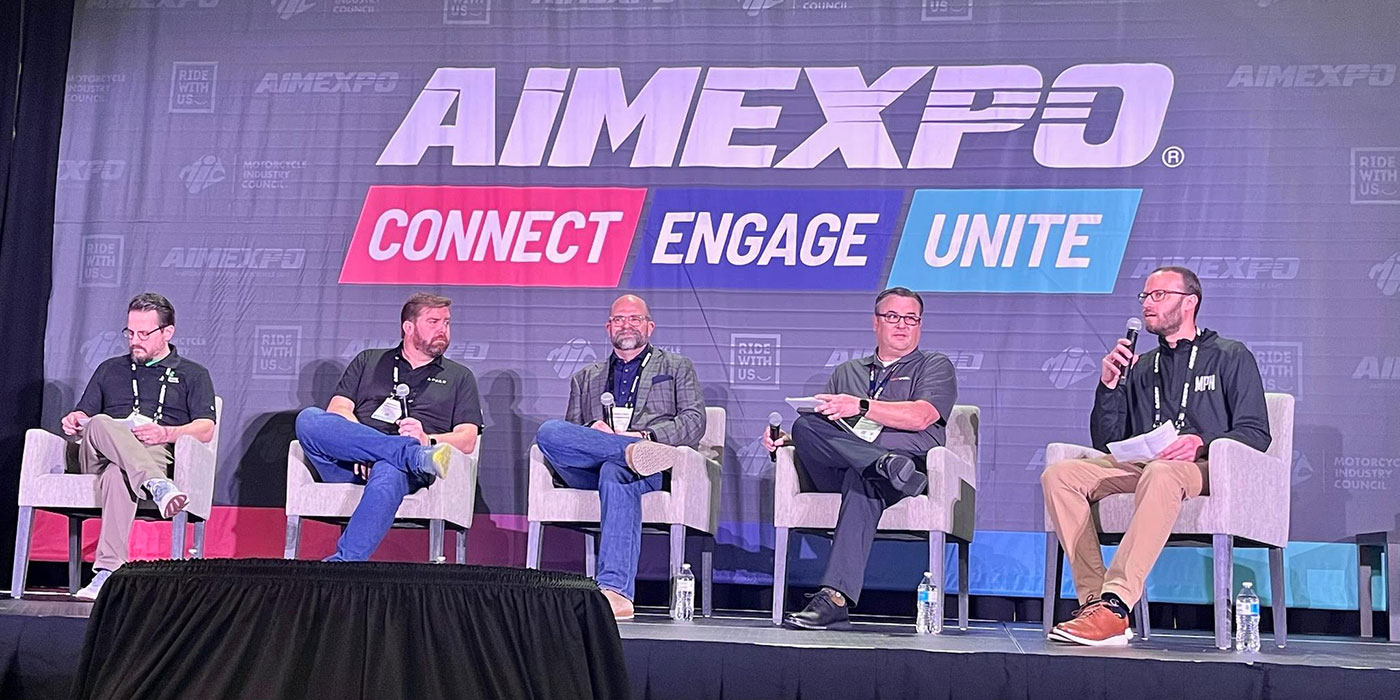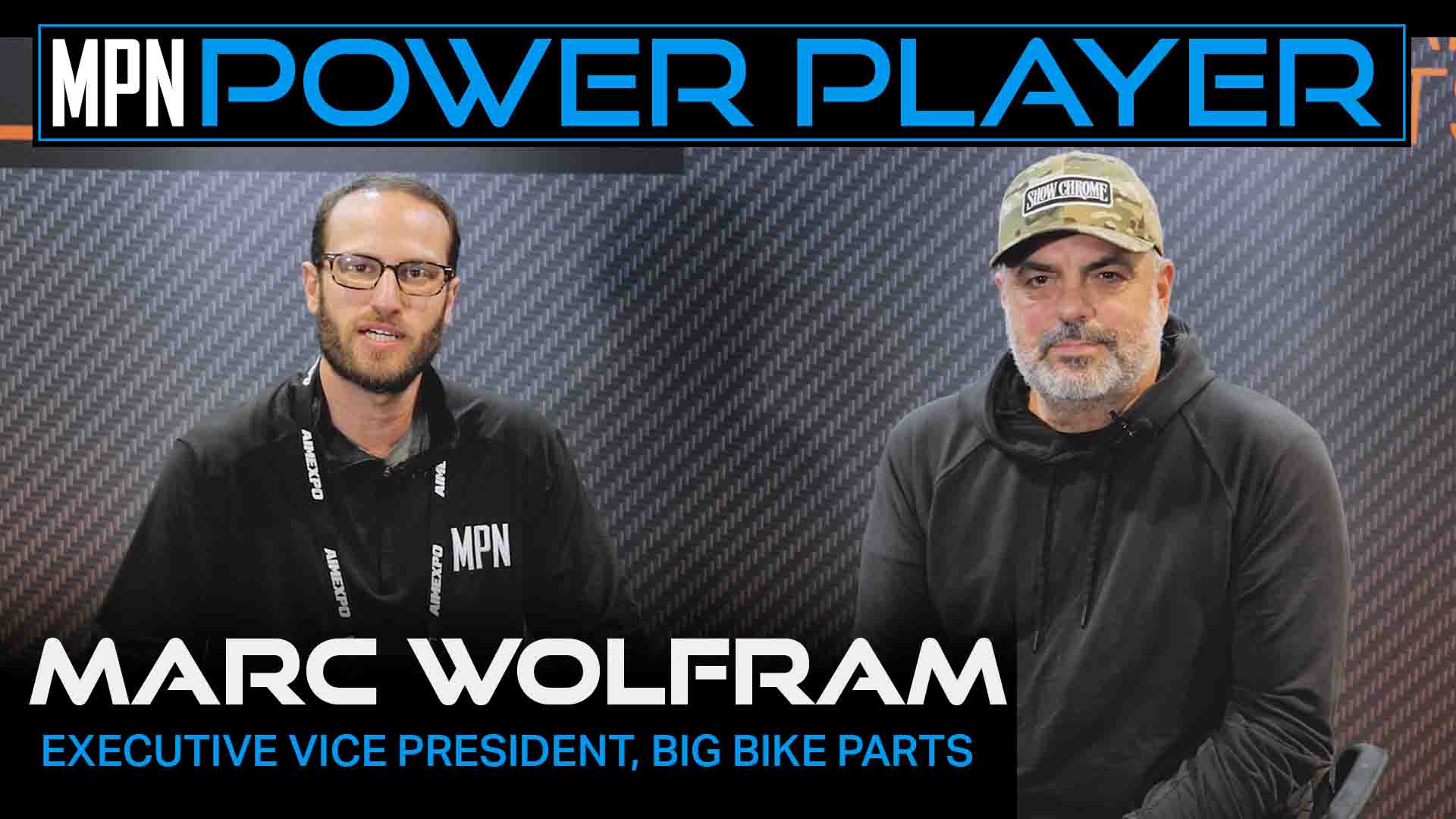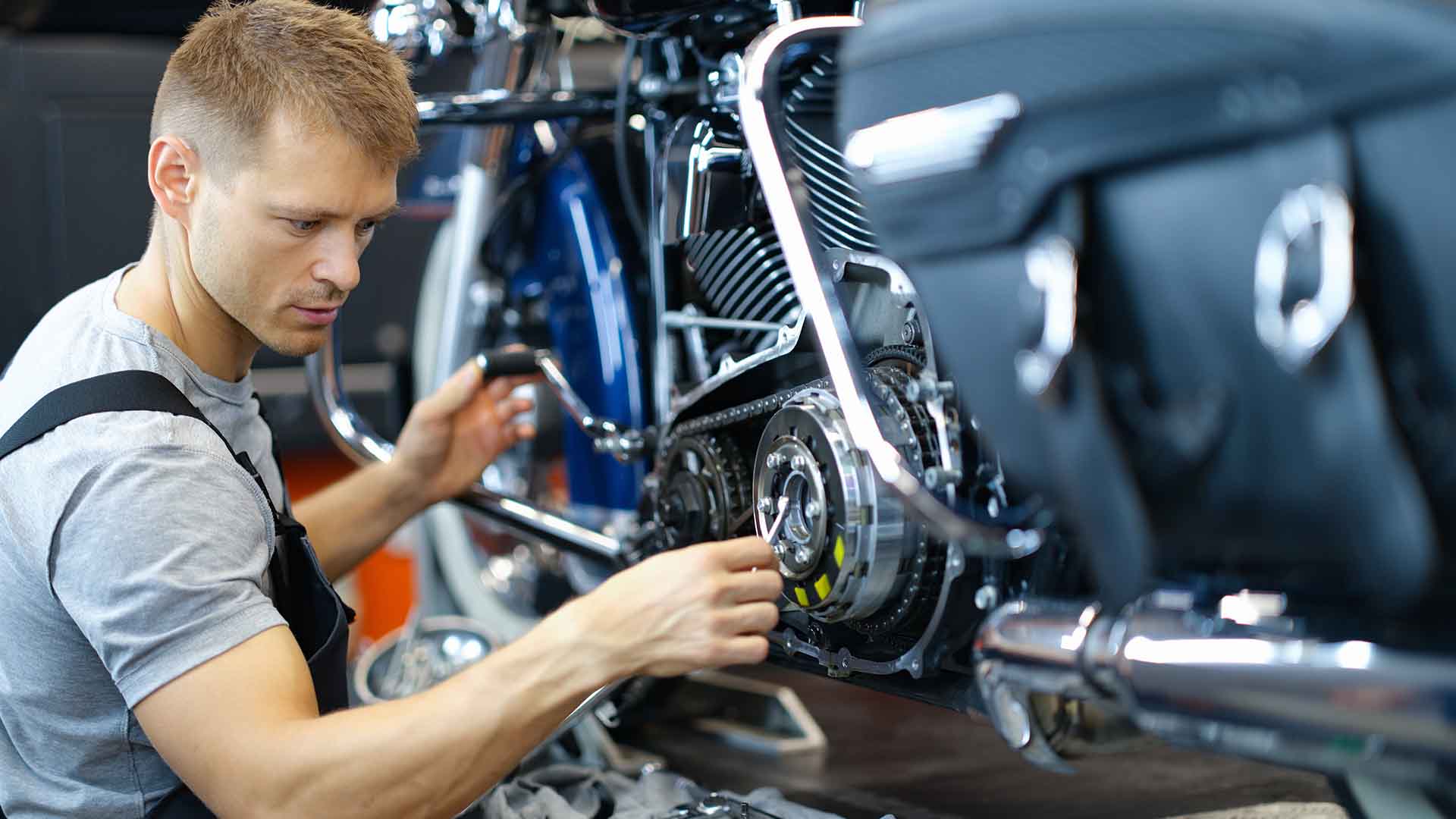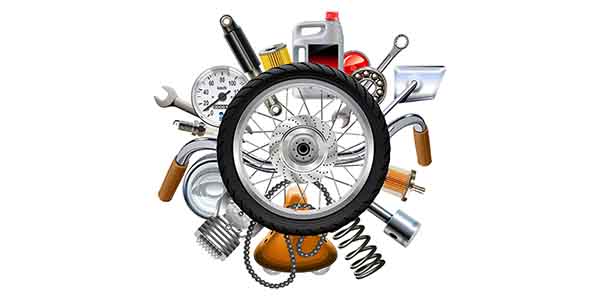I recently had a conversation with an ex-employee who has moved about 600 miles away. He was working as a unit salesman at a very large multi-unit dealership. Everything was going great, until the shop was sold to a multi-dealer organization. As at my dealership, he was working on a commission basis, and did pretty well for himself. He moved on from my shop for personal reasons, and I was sad to see him go.
He told me that as soon as the shop he was working at was sold, the pay plan changed to an hourly pay rate, and all the good salespeople, including himself, left for greener pastures. Apparently, all the sales staff there now are young people with little experience and even less sales ability. No real salespeople will want to work there, because it doesn’t matter how many units you sell or how much profit you make for the company: You get paid an hourly wage. Can you see the problem?
He has since landed as a sales manager at another dealership, and I’m sure that he’ll do very well. However, I’ll never understand any dealership that doesn’t pay some sort of commission to its employees. Paying hourly doesn’t provide any real incentive to do better, especially in unit sales, where every extra $100 can put anywhere from $15 to $25 in the salesperson’s pocket. I want salespeople who not only make sure the customer gets the right unit at a fair price but make sure we also get as much money from the client as possible while still making sure the customer is happy. Some people say this is a bit mercenary, but I am a merchant, and if I don’t make a profit, I won’t be here when the client needs service, part and accessories, or has a problem.
I once went to a dealership that had a pay plan where it paid $X amount for a sit down, $X amount for a write up, $X amount for a test ride, $X amount for accessories sold, etc. It seemed overly complicated and must have been a nightmare to administer. However, the owner was happy with it, and that’s all that mattered, at least to him.
I personally have made it relatively simple. For unit sales, I came up with a system where I pay the salespeople a salary anywhere from $1,500 to $2,000 and 15% of the gross profit on a deal. I do think you should add a 3% pack on the cost of a unit to cover warehousing costs, movement, etc., but that’s all. Some dealerships are adding up to a 10% pack onto every unit. I consider that unfair and bordering on theft. I want to be fair to the company, but I also want the salespeople to be rewarded.
Why the difference in base salary? It’s because some salespeople step up and may take on extra tasks or mentorship of some of the less experienced staff members. I also pay some sort of a commission or bonus to almost every other staff member I have. Perhaps 0.5% to 1% to parts and accessories (P&A) staff. One-half doesn’t sound like much until I tell you it’s on all sales of the parts or accessories sales in their department.
I had a friend who worked for a dealership that only paid a commission on P&A sales that each person sold. That resulted in the, “That’s not your customer, he’s mine!” arguments and in a couple of cases even fisticuffs!
By giving staff commission of everything in that department, everyone seems to work together. My service staff does get bonuses and commission on sales of service and P&A that they sell; that seems to work very well. Techs also get bonuses according to hours billed. Of course, any comebacks get deducted.
All in all, a commission on sales does seem to work. It keeps staff motivated to make sure that they upsell wherever possible, while still keeping customers happy — and that’s what really matters.



